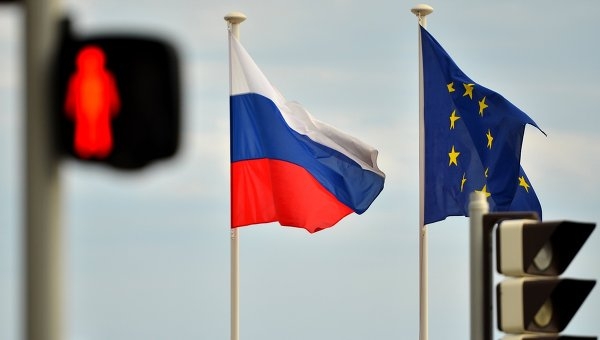Europeans face export losses as sanctions bite Russian Ruble: WSJ
 13:55, 20 December 2014
13:55, 20 December 2014YEREVAN, DECEMBER 20, ARMENPRESS. The Russian ruble’s swan dive is putting pressure on the exports of several European Union countries as some political leaders there take a fresh look at the sanctions that have added to the economic upheaval.
As reports “Armenpress” citing WSJ, a rout of the ruble, the currency Russians are paid in, is making some imported products expensive or even unaffordable. The shift may lead many Russians to put off purchases or substitute domestically produced items.
The ruble has lost 43% of its value against the euro since the beginning of the year as sanctions imposed after Moscow’s interference in Ukraine added to earlier pressure from economic stagnation. The steep drop in oil prices since the summer has added sharply to the country’s pain. Since Europeans mainly buy energy from Russia—dollar-denominated oil and gas—the currency shift is unlikely to lift EU imports from Russia noticeably.
In Slovakia, a car-assembly hub, exports to Russia represented 3.6% of gross domestic product in 2013, while Hungary’s exports to Russia equaled 2.3% of GDP, or well over the European Union’s average of 0.7% exposure to Russian trade, according to an analysis of Russian customs data.
Russian officials initially scorned the sanctions, but now that the measures are biting, President Vladimir Putin has acknowledged their effect, and some European officials are wondering if Russia is feeling too much economic pain.
“There’s a risk the sanctions will destabilize Russia too much,” Danish Foreign Minister Martin Lidegaard told Bloomberg News in an interview Thursday in Copenhagen.
French President Francois Hollande said “if Russia sent the signals we expect, there’s no reason to take new sanctions and we also are going to look how we could engage in a de-escalation.”
French exports to Russia, including wine and agricultural products, equal 0.5% of the country’s economy, less than the EU average. Still, the Western faceoff with Russia over Ukraine has led Mr. Hollande’s Socialist-led government to delay the shipment of at least one giant warship to Russia, a move that angered labor unions.
The tough sanctions affecting Russian finance and other sectors were easier to impose in the U.S., where trade with Moscow is only 1% of total U.S. exports, than with Europe, Russia’s biggest trading partner.
Still, the EU is unlikely to remove sanctions for now unless Russia backs off Ukraine and takes steps to return Crimea or protect the country’s sovereignty, according to leading officials and analysts.
That means some EU countries will have to get used to less trade with an economically weakened Russia, a painful transition from some eastern members of the bloc.
In addition, Russia has instituted punitive measures banning agricultural goods from the countries that imposed sanctions, a move that is already hurting farmers in Italy, Poland and the Baltic countries.
Moscow is seeking to shift some trade to non-EU countries, such as Turkey, as well as Latin America.




















